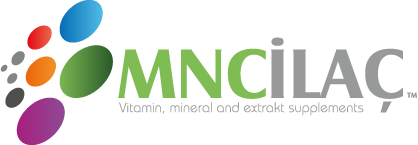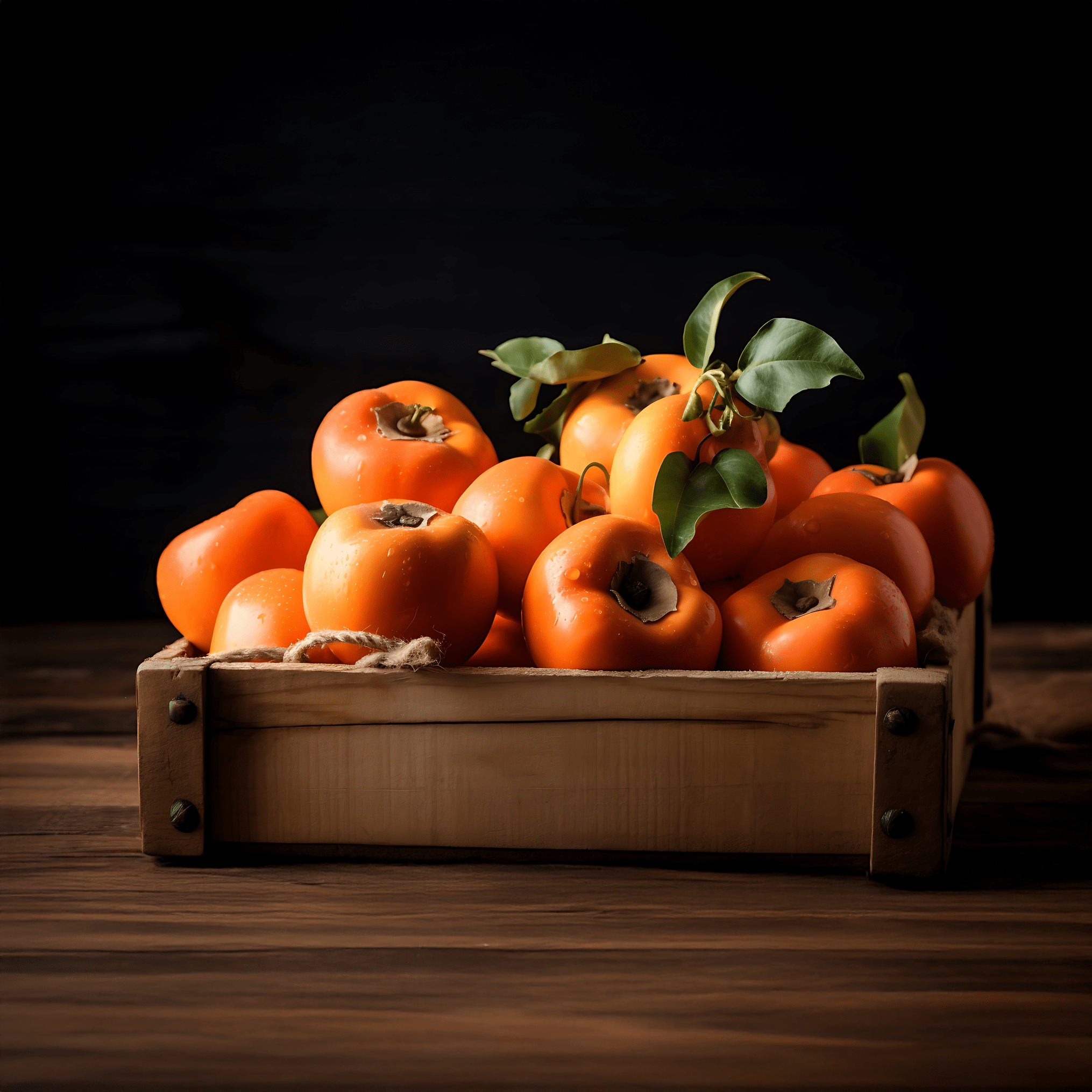Persimmon… one of autumn’s most delightful surprises. With its eye-catching color, sweetness-laden texture, and soft, spoon-worthy flesh, this fruit has many admirers yet it has one trait that leaves everyone equally puzzled: that strange, astringent, slightly tongue-numbing sensation that appears when it’s eaten unripe.
So, what is the reason behind this strange sensation?
The answer is actually quite scientific: tannic acid, that is, a strong tannin.
In this article, I will explain why tannic acid creates such an effect in the mouth, how the persimmon changes during the ripening process, the impact of its nutritional value on the body, and how all this information connects to the science of dietary supplements.
Why Does Unripe Persimmon Leave an Astringent Feeling in the Mouth?
When we eat persimmon before it ripens, the astringent sensation we experience is caused by plant compounds called tannic acid. These compounds bind to the proteins in saliva and create a precipitate.
This leads to:
- Dryness in the mouth,
- Slight numbness on the tongue,
- A feeling of slurred speech,
A temporary reduction in taste perception.
This sensation is not harmful; it is completely temporary and simply a chemical interaction. The same astringency is found in tea, pomegranate peel, and some other fruits, but the effect is more pronounced in persimmon because its tannin concentration is higher.
Why Do Tannins Exist in the Plant?
Tannins are actually natural defense molecules that plants develop to protect themselves. Persimmon also produces a high amount of tannins before it ripens.
Because
-

Unripe Seeds
When the fruit is unripe, the seed has not yet completed its development.
-

Prevention of Early Consumption
The plant does not want the fruit to be eaten too early.
-

The deterring effect of tannin
Tannin creates an astringent taste, making the fruit less appealing to animals.
-

Ripening and Sweetening
When the seed matures, the tannin level decreases and the fruit becomes sweeter.
This process is a simple example of nature’s perfect cycle:
The plant protects itself until the right time comes.
What Changes in the Fruit as It Ripens?
The difference between a ripe persimmon and an unripe one is almost like two completely different fruits.
During the ripening process:
The amount of tannic acid decreases rapidly,
the sugar content increases,
the fiber structure softens,
the fruit gains a sweet, silky, melt-in-the-mouth texture.
For this reason, the ideal persimmon is the one that is so soft it sinks in slightly when pressed. Many people think this texture means it has “spoiled,” but in fact, this is exactly how it is supposed to be.

Persimmon
What Is the Nutritional Value of Persimmon and What Does It Do in the Body?
Persimmon is not only a delicious fruit but also naturally provides many of the nutrients the body needs.
The fruit’s notable nutritional contributions are as follows:

Beta-carotene
It supports eye health, strengthens the immune system, and helps cell regeneration.

Vitamin C
It is a powerful antioxidant. It plays a role in collagen synthesis, supports immunity, and helps reduce fatigue.

High fiber content
Since it contains both soluble and insoluble fiber, it provides dual benefits to the digestive system. It regulates bowel movements, promotes satiety, supports blood sugar balance, and may have a prebiotic effect by nourishing the gut flora.
Antioxidant phenolic compounds
They provide protection against free radicals and may help slow cellular aging.

Potassium
It is essential for muscle function, fluid balance, and heart health.
These components play important roles both in daily nutrition and in the scientific foundation of supplement formulations.
The Reflected Effects of Its Nutritional Content on Dietary Supplements
The vitamins, minerals, fibers, and antioxidant compounds found in persimmon largely overlap with the effects targeted by modern dietary supplement science. The goal here is not to “turn the fruit into a supplement.” What matters is that the functions these compounds perform in the body are reflected in supplement formulations.
The compounds contained in persimmon can be evaluated in the following ways:
-

Beta-carotene and vitamin C
They play roles in the immune system, cell regeneration, and antioxidant defense. For this reason, persimmon extracts may be preferred in supplements that use plant-based vitamin extracts.
-

Phenolic compounds and flavonoids
They combat free radicals, support skin and cellular health, and contribute to anti-aging processes. They can be included as plant-based ingredients in antioxidant complexes.
-

Soluble and insoluble fibers
They have digestive-regulating and prebiotic effects. Persimmon fiber extract may be found in fiber blends or in supplement formulas focused on gut health.
-

Potassium
It is important for muscle functions, heart rhythm, and fluid balance. When natural sources are preferred in mineral balance products, persimmon derivatives may be considered.
In short, because the compounds contained in the fruit continue to perform the same functions in the human body as they do in nature, these ingredients hold a meaningful place in supplement science.

Did You Know These? 🧐
✨ As persimmon ripens, its tannin content decreases by more than 80%.
✨ A single medium-sized persimmon can meet 20% of the daily fiber requirement.
✨ In Asian cultures, it is considered an “immunity fruit.”
✨ Polymers obtained from its seeds are used in research on eco-friendly packaging.
✨ The antioxidants naturally found in the fruit are used in some anti-aging formulations.
🍃 Conclusion: Nature’s Simple but Effective Message 🍃
Persimmon, with its taste, texture, nutritional content, and scientific structure, shows how delicately nature is balanced.
Protecting itself with tannin when unripe and turning into a sweet remedy when ripe, this fruit carries natural compounds that are found both in daily nutrition and at the foundation of supplement science.
Even the strange sensation it leaves in our mouth is actually a small signal from nature:
“I’m not ready yet.”
When it ripens, the message changes:
“Now I’m here with all my benefits.”

Helin
Author







